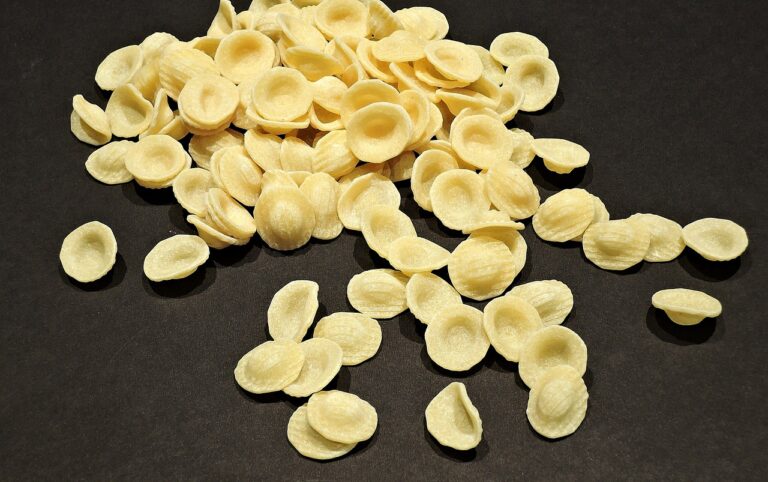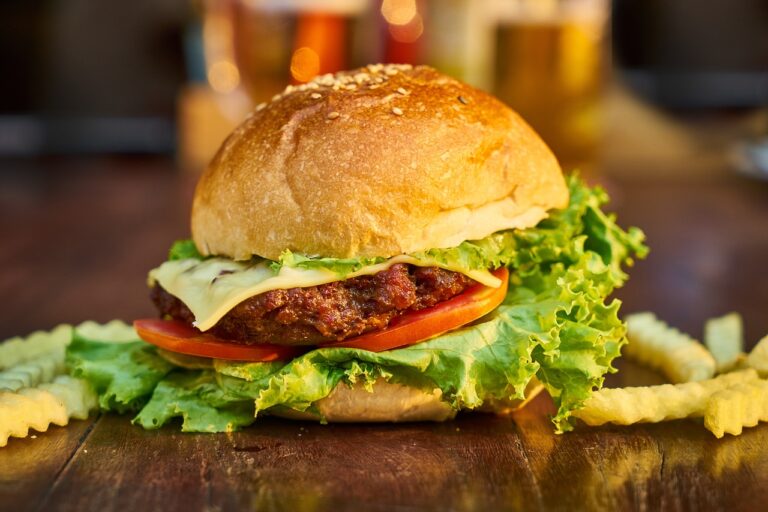The Role of Canning in Community Gardens: Supporting Local Food Access
silverexch.com, goldenexchange, betbook247.com:Community gardens are a vital part of many neighborhoods, providing access to fresh, locally grown produce for residents who may not have the space or resources to grow their own. One important aspect of community gardens that often goes overlooked is the role that canning plays in supporting local food access.
Canning is a preservation method that has been used for centuries to extend the shelf life of fruits and vegetables. By canning produce grown in community gardens, residents can enjoy the fruits of their labor long after the growing season has ended. Canned goods can also be shared with neighbors in need, providing nutritious food to those who may not have access to fresh produce.
In addition to extending the availability of fresh produce, canning also helps reduce food waste. In a community garden setting, there are often times when an abundance of a particular crop is harvested all at once. By canning the excess produce, gardeners can prevent it from going to waste and ensure that it is put to good use.
Furthermore, canning can be a fun and rewarding activity for community garden members to participate in together. Canning workshops and classes can be held to teach residents how to safely preserve their harvest, fostering a sense of community and shared knowledge among gardeners.
Overall, canning plays a crucial role in supporting local food access in community gardens. By preserving the fruits of their labor, gardeners can ensure that fresh produce is available year-round, reduce food waste, and foster a sense of community among residents.
Heading 1: Benefits of Canning in Community Gardens
Canning not only extends the availability of fresh produce but also helps reduce food waste and fosters a sense of community among gardeners.
Heading 2: Extending the Shelf Life of Produce
Canning preserves fruits and vegetables, allowing gardeners to enjoy their harvest long after the growing season has ended.
Heading 3: Reducing Food Waste
Canning excess produce helps prevent it from going to waste and ensures that it is put to good use.
Heading 4: Fostering Community Engagement
Canning workshops and classes bring community garden members together, creating a sense of shared knowledge and camaraderie.
Heading 5: Sharing Nutritious Food with Neighbors
Canned goods can be shared with neighbors in need, providing them with access to nutritious, locally grown food.
Heading 6: Enhancing Food Security
By preserving their harvest, gardeners can ensure a steady supply of fresh produce year-round, enhancing food security in the community.
FAQs:
1. How long can canned produce last?
Canned produce can last for up to one year or more if properly preserved and stored.
2. Is canning difficult to learn?
Canning can be a fun and straightforward process to learn, with many resources available to help beginners get started.
3. Are there specific tools or equipment needed for canning?
Yes, some basic tools and equipment are needed for canning, such as canning jars, lids, and a water bath canner.
4. Can any type of produce be canned?
Most fruits and vegetables can be canned, but it is essential to follow proper canning procedures to ensure food safety.
5. How can I get involved in canning in my community garden?
Check with your local community garden organizers for any canning workshops or classes being offered, or consider organizing a canning event yourself to get others involved.





